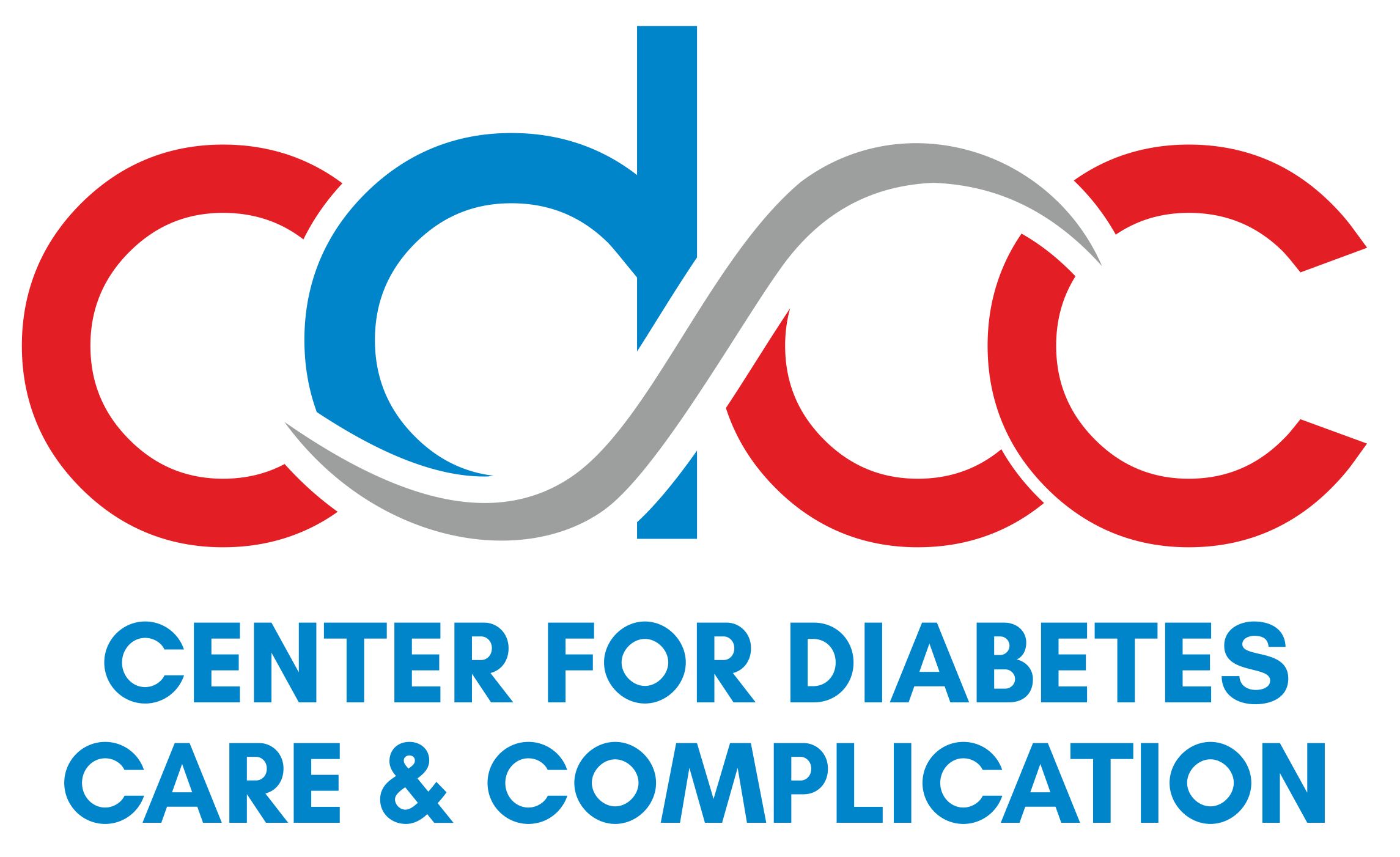Congenital heart disease, also called a defect, refers to one or more problems with the heart structure that are present at birth. These abnormalities occur when the heart or blood vessels don't form correctly in utero. At least eight out of every 1000 infants born in the US each year have a heart defect.
Symptoms
Serious congenital heart defects usually are noticed soon after birth or during the first few months of life. Signs and symptoms could include:
- Pale gray or blue lips, tongue or fingernails (cyanosis)
- Rapid breathing
- Swelling in the legs, belly or areas around the eyes
- Shortness of breath during feedings, leading to poor weight gain
Less-serious congenital heart defects may not be diagnosed until later in childhood. Signs and symptoms of congenital heart defects in older children may include:
- Easily becoming short of breath during exercise or activity
- Easily tiring during exercise or activity
- Fainting during exercise or activity
- Swelling in the hands, ankles or feet

